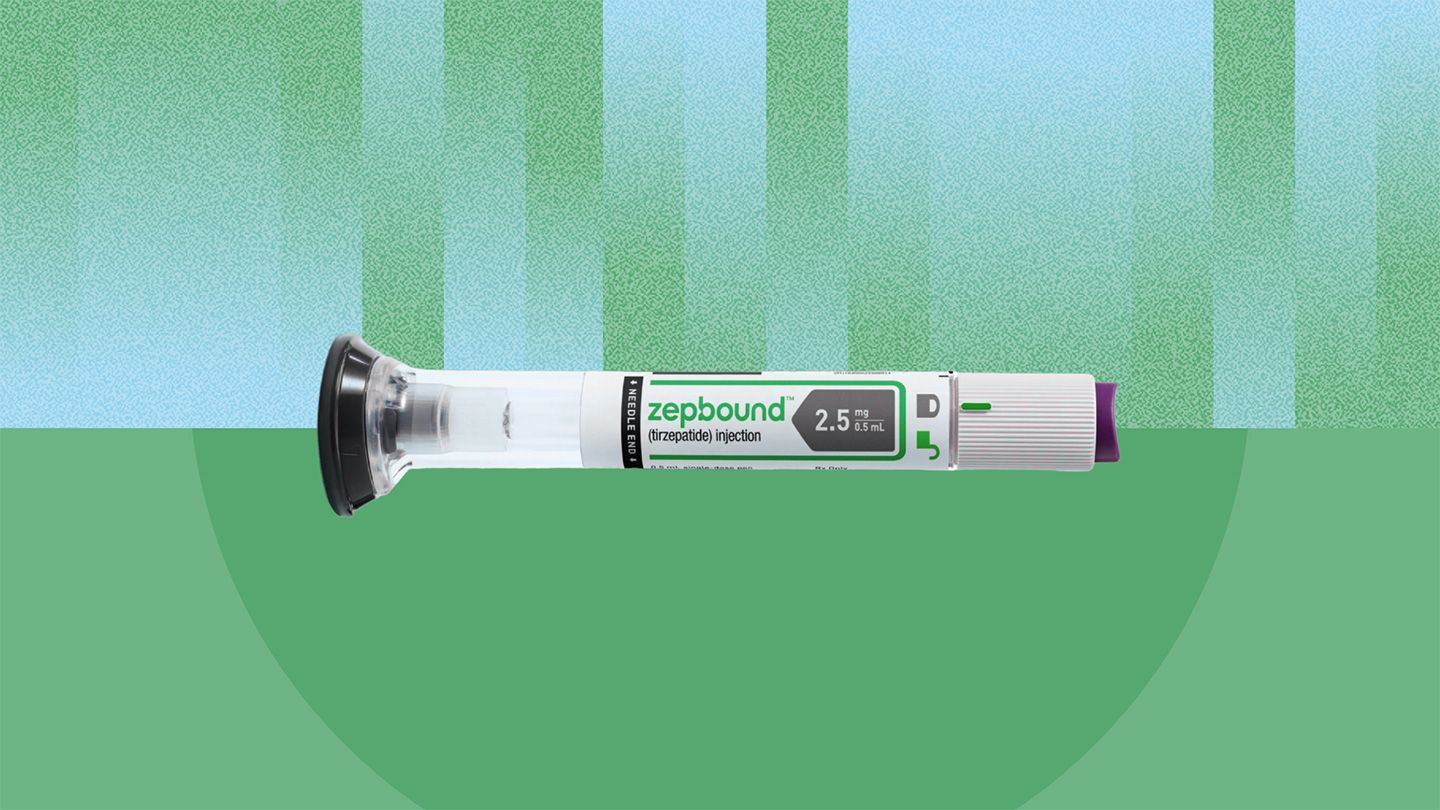If you’re trying to lose weight, you may be wondering which new injected drug is the most effective. Now the first head-to-head trial of two major new obesity medications has found that the GLP-1 drug Zepbound (tirzepatide) helped people lose about 50 percent more weight on average than Wegovy (semaglutide).
Researchers randomly assigned people with obesity (but not type 2 diabetes) to take either Zepbound or Wegovy for 72 weeks. All received weekly injections of the highest medication dose they could tolerate — up to 10 or 15 milligrams (mg) of Zepbound or 1.7 or 2.4 mg of Wegovy.
More weight loss wasn’t the only advantage with Zepbound. People taking this drug also lost about 7 inches from their waistline, compared with roughly 5 inches with Wegovy.
Zepbound Targets 2 Hormones; Wegovy, Just 1
Both Zepbound and Wegovy are in a new family of injected medicines that copy the activity of hormones in the brain and gut that are responsible for regulating appetite and feelings of satiety.
Zepbound targets two hormones: glucagon-like peptide-1 (GLP-1) and glucose-dependent insulinotropic polypeptide (GIP). Wegovy targets just GLP-1.
Targeting both hormones may be what gives Zepbound an edge over Wegovy for weight loss, says the lead study author, Louis Aronne, MD, a professor and the director of the Comprehensive Weight Control Center at Weill Cornell Medicine in New York City.
“Zepbound has two mechanisms of action,” Dr. Aronne says. “We have shown that more mechanisms produce greater weight loss.”
Both Drugs Led to Significant Weight Loss
Almost one-third of participants on Zepbound lost at least 25 percent of their body weight, compared with 16 percent for Wegovy. But most participants — about 82 percent on Zepbound and about 61 percent on Wegovy — lost at least 10 percent of their weight.
This suggests that taking either drug can lead to meaningful health benefits, says Osama Hamdy, MD, PhD, an associate professor and the medical director of the obesity clinical program at Harvard Medical School and the Joslin Diabetes Center in Boston.
“Metabolic problems improve significantly with just 7 percent weight loss,” says Dr. Hamdy, who wasn’t involved in the new study. “Of course, the improvement is much higher at 10 percent or 15 percent weight loss.”
With both medications, weight loss was associated with improvements in blood pressure, cholesterol, and blood sugar levels, the study found.
The majority of people on both drugs experienced at least one side effect. Side effects tended to be mild to moderate and included gastrointestinal issues such as nausea, constipation, diarrhea, and vomiting.
About 6 percent of people on Zepbound and 8 percent of people on Wegovy stopped the study early because of side effects.
One limitation of the study is that it wasn’t blinded, meaning that participants and doctors knew which medicine they were taking. It’s possible this influenced participants’ behavior in ways that impacted outcomes like weight loss.
Cost and Insurance Coverage May Influence Drug Choice
For many people, either medicine can be an effective weight loss tool, and the choice may come down to cost and which drug is covered by insurance, says Clifford Rosen, MD, a professor at Tufts University School of Medicine in Boston who wasn’t involved in the study.
“There really is not much medical indication for Zepbound over Wegovy for obesity, except if obese individuals have metabolic dysfunction associated liver disease (MASH); Zepbound was shown to significantly reduce liver dysfunction,” Dr. Rosen says.
Read the full article here




